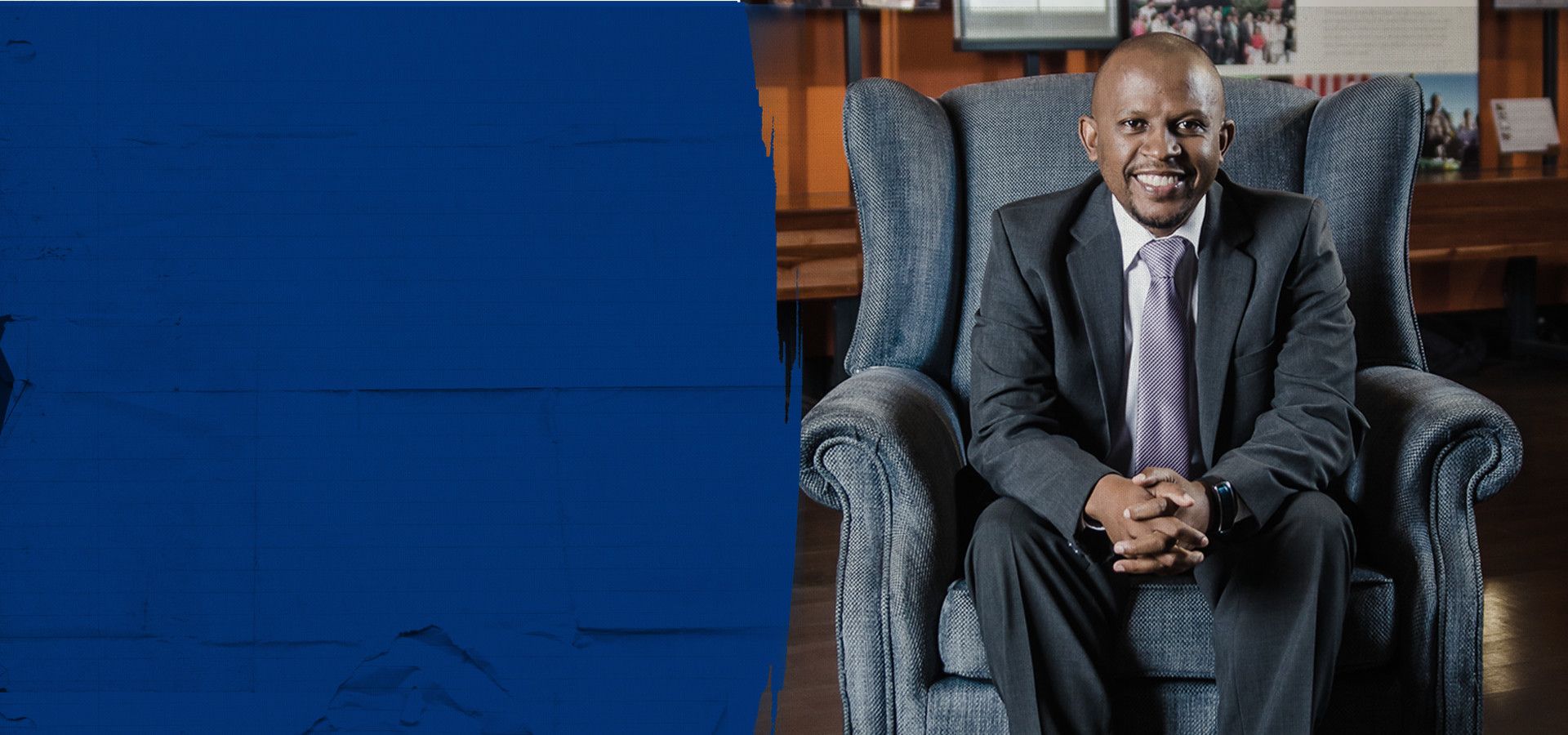Overview
The 2016/17 report year saw the Nelson Mandela Foundation move decisively into the final phase of its five-year (2013 to 2018) strategic plan. And as with many other structures of civil society in South Africa, it found us wrestling with deeply disturbing developments in the country’s political and governance arenas.
The business plan for 2016/17 was crafted in relation to the strategic plan’s requirement that the Foundation move from what it calls “enhancement” to what it calls “consolidation” by 2016. Of course, a winning organisation is defined by its willingness to keep improving, and this is a value the Foundation embraces. Within that frame, we saw consolidation of both our processes and our delivery across all functional areas. Some of the highlights are detailed below.
Planning is difficult in highly dynamic contexts. We could not foresee the extent to which we would be drawn into mediation work in relation to the unfolding crisis on our university campuses. We could not foresee the dramatic disclosures on state capture and the mounting evidence of a shadow state being created in South Africa.
These and many other related developments led our Board of Trustees into deep reflection on the overarching purpose and positioning of the Foundation. While the reflection is continuing, in the report period it underpinned our taking on a far more robust advocacy role and intervening far more frequently in the public domain.
As we moved into 2017, our attention became increasingly focused on the centenary of our founder’s birth in 2018. Plans were far advanced for a centenary campaign driven by a dedicated Foundation team. The primary objectives of the campaign are threefold:
- To demonstrate the relevance of Nelson Mandela’s legacy five years after his passing
- To highlight the work of the Foundation in the memory-dialogue nexus
- To secure the sustainability of the Foundation by completing the endowment project started by Mr Mandela in 2007
Highlights
The contingencies outlined above absorbed considerable time and energy. Nonetheless, the Foundation was able to prioritise consolidation and to ensure that its line function programmes were able to meet their core delivery targets. In other words, routine daily work was implemented strongly and consistently. Key accomplishments include:
- We demonstrated our capacity to deliver difficult “safe-space” dialogues in both local and international contexts. The crisis on our university campuses saw us in convening, mediating and negotiation roles. The international Mandela Dialogues on memory work moved into a second series and took us to Rwanda and Sri Lanka
- The highly successful 14th Nelson Mandela Annual Lecture, addressed by Bill Gates on the Mamelodi campus of the University of Pretoria, was the biggest so far in terms of both the guests in the hall (more than 3 000) and the audience reached through broadcast and live streaming
- The eighth annual Nelson Mandela International Day was again an enormous success and we continued to review the campaign to enhance it as an instrument for making the Mandela legacy more accessible globally. The Trek4Mandela project reached about quarter of a million girls in Southern Africa, but it also saw the tragic loss of race driver Gugu Zulu while climbing Kilimanjaro for the campaign. This was a painful moment for the Foundation, and we miss him still
- Our social-media platforms were more firmly integrated and continued to grow in reach, with more than 10-million followers.
- Our digital archive platform (a unique integrated solution for the preservation and accessibility of digital objects in our collections) was successfully implemented. A metadata capturing team was put in place and is making good progress in preparing material for online accessibility
- Our research and archive teams are working on four books. Dare Not Linger: The Presidential Years will be launched in October 2017. It completes a project started in 1998 by Mr Mandela to document and tell the story of his presidency
Governance and support
Our strategic plan requires us to secure the Foundation as a site of excellence in governance. In the report period, organisational development was prioritised:
- A second organisational culture assessment was undertaken. This fed into a process that resulted in the Foundation adopting a formal set of institutional values. A strategy for embedding these in organisational culture will be developed next year
- Teambuilding for staff was expanded, training and development processes were reviewed, and our intern and volunteer programmes were revamped
- A risk assessment exercise was undertaken, organisational policies were reviewed, and the Board of Trustees went through a self-assessment exercise
- A new fundraising strategy was adopted, with the opportunity provided by the 2018 centenary looming large in its implementation
Gratitude
I wish to thank our donors and partners for supporting us through another challenging year. Our Board has been a constant source of wisdom and strength. I am especially grateful to our Chairman, Professor Njabulo Ndebele, who always goes the extra mile in taking the heat in the public domain and in working tirelessly behind the scenes to give me and the management team what we need in strategic support. A final word of thanks goes to our staff for putting in the hard yards, keeping me honest, and making me proud.
 © NMF/Eccentrics
© NMF/Eccentrics